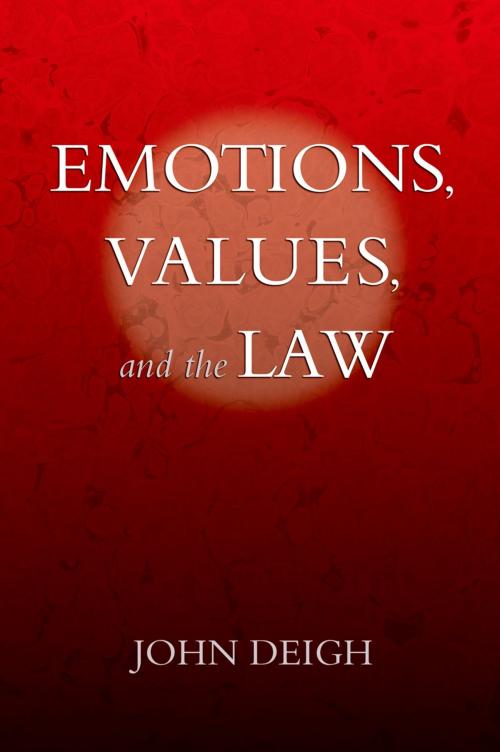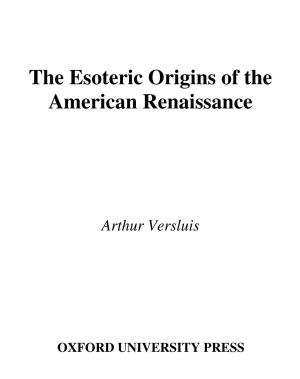Emotions, Values, and the Law
Nonfiction, Reference & Language, Law, Ethics, Religion & Spirituality, Philosophy, History, Criticism, & Surveys| Author: | John Deigh | ISBN: | 9780190454272 |
| Publisher: | Oxford University Press | Publication: | October 1, 2011 |
| Imprint: | Oxford University Press | Language: | English |
| Author: | John Deigh |
| ISBN: | 9780190454272 |
| Publisher: | Oxford University Press |
| Publication: | October 1, 2011 |
| Imprint: | Oxford University Press |
| Language: | English |
Emotions, Values, and the Law brings together ten of John Deigh's essays written over the past fifteen years. In the first five essays, Deigh ask questions about the nature of emotions and the relation of evaluative judgment to the intentionality of emotions, and critically examines the cognitivist theories of emotion that have dominated philosophy and psychology over the past thirty years. A central criticism of these theories is that they do not satisfactorily account for the emotions of babies or animals other than human beings. Drawing on this criticism, Deigh develops an alternative theory of the intentionality of emotions on which the education of emotions explains how human emotions, which innately contain no evaluative thought, come to have evaluative judgments as their principal cognitive component. The second group of five essays challenge the idea of the voluntary as essential to understanding moral responsibility, moral commitment, political obligation, and other moral and political phenomena that have traditionally been thought to depend on people's will. Each of these studies focuses on a different aspect of our common moral and political life and shows, contrary to conventional opinion, that it does not depend on voluntary action or the exercise of a will constituted solely by rational thought. Together, the essays in this collection represent an effort to shift our understanding of the phenomena traditionally studied in moral and political philosophy from that of their being products of reason and will, operating independently of feeling and sentiment to that of their being manifestations of the work of emotion. "Deigh's writing is clear and precise, his arguments are strong, and he uses a wide range of real world examples that give his essays a vibrant and very readable character." - Notre Dame Philosophical Reviews "I believe that Deigh is as clear-headed and insightful a philosopher as is currently at work today in the areas of moral, political, and legal philosophy and moral psychology, and I believe these essays beautifully demonstrate his many virtues." - Herbert Morris, University of California, Low Angeles Law School "[John Deigh] has acquired a very good knowledge of a field which he has very much made his own. No one writes better or thinks more productively on that area of thought where the theory of the emotions, psychoanalysis, value theory, and the theory of law intersect. And if we closely connect the name Deigh with this particular concatenation of topics, I believe that very soon there will be a number of voices clamoring to be heard in this area." - Richard Wollheim, University of California, Berkeley
Emotions, Values, and the Law brings together ten of John Deigh's essays written over the past fifteen years. In the first five essays, Deigh ask questions about the nature of emotions and the relation of evaluative judgment to the intentionality of emotions, and critically examines the cognitivist theories of emotion that have dominated philosophy and psychology over the past thirty years. A central criticism of these theories is that they do not satisfactorily account for the emotions of babies or animals other than human beings. Drawing on this criticism, Deigh develops an alternative theory of the intentionality of emotions on which the education of emotions explains how human emotions, which innately contain no evaluative thought, come to have evaluative judgments as their principal cognitive component. The second group of five essays challenge the idea of the voluntary as essential to understanding moral responsibility, moral commitment, political obligation, and other moral and political phenomena that have traditionally been thought to depend on people's will. Each of these studies focuses on a different aspect of our common moral and political life and shows, contrary to conventional opinion, that it does not depend on voluntary action or the exercise of a will constituted solely by rational thought. Together, the essays in this collection represent an effort to shift our understanding of the phenomena traditionally studied in moral and political philosophy from that of their being products of reason and will, operating independently of feeling and sentiment to that of their being manifestations of the work of emotion. "Deigh's writing is clear and precise, his arguments are strong, and he uses a wide range of real world examples that give his essays a vibrant and very readable character." - Notre Dame Philosophical Reviews "I believe that Deigh is as clear-headed and insightful a philosopher as is currently at work today in the areas of moral, political, and legal philosophy and moral psychology, and I believe these essays beautifully demonstrate his many virtues." - Herbert Morris, University of California, Low Angeles Law School "[John Deigh] has acquired a very good knowledge of a field which he has very much made his own. No one writes better or thinks more productively on that area of thought where the theory of the emotions, psychoanalysis, value theory, and the theory of law intersect. And if we closely connect the name Deigh with this particular concatenation of topics, I believe that very soon there will be a number of voices clamoring to be heard in this area." - Richard Wollheim, University of California, Berkeley















